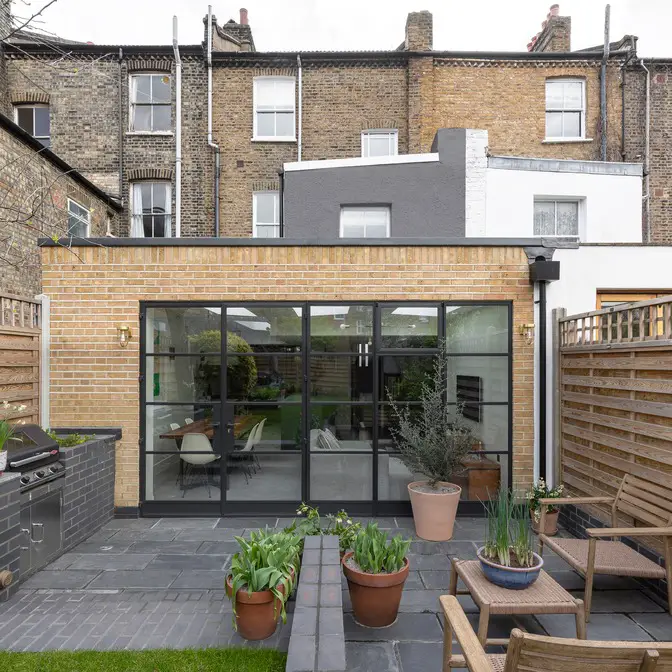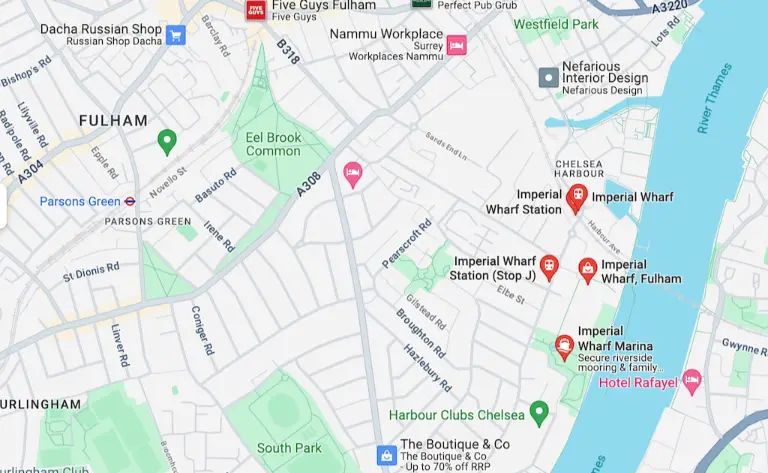Loans for a home renovation can be a great option for homeowners who want to make improvements to their home but don’t have the cash on hand to pay for the project upfront. There are several types of loans available for home renovation, including personal loans, home equity loans, and home improvement loans.
Personal loans are unsecured loans that are not tied to any collateral, such as your home. They can be used for a wide range of purposes, including home renovations. Home equity loans, on the other hand, are secured loans that are backed by the equity in your home. They typically have lower interest rates than personal loans, but they do put your home at risk if you default on the loan. Home improvement loans are specifically designed for home renovation projects and may offer more favorable terms and conditions than other types of loans.
You could also consider a cash-out refinance, which allows you to refinance your existing mortgage and borrow additional funds for your home renovation. This option can be a good choice if you have built up significant equity in your home and can get a lower interest rate on your new mortgage.
It’s important to compare the different loan options available to you and choose the one that best fits your needs and financial situation. Be sure to carefully consider the interest rate, fees, and repayment terms before you decide on a loan.
When financing a home renovation, it’s important to carefully consider all of your options and choose the option that best fits your needs and financial situation. Here are some tips to help you finance your home renovation:
– Determine how much money you need to borrow: Before you start looking for a loan, it’s important to have a clear idea of how much money you need to borrow for your home renovation. This will help you narrow down your options and choose a loan that is the right size for your project.
– Compare interest rates and fees: Interest rates and fees can vary widely among different loan options, so it’s important to compare these costs carefully before making a decision. Be sure to look at both the interest rate and the annual percentage rate (APR), which includes all of the fees and costs associated with the loan.
– Consider the repayment terms: Repayment terms can also vary among different loan options, so it’s important to consider how long you will have to pay off the loan and what your monthly payments will be. Choose a loan with repayment terms that are manageable for your budget.
– Research government-backed loan programs: If you are having difficulty qualifying for a loan or finding a loan with favorable terms, you may want to consider a government-backed loan program. These programs often have more flexible requirements and can provide financing for home renovations.
– Shop around and compare offers: Don’t be afraid to shop around and compare offers from multiple lenders before making a decision. This will help you find the best loan for your needs and can save you money in the long run.
Overall, financing a home renovation can be a challenging but rewarding process. By carefully considering your options and doing your research, you can find the right loan to finance your project and make your home renovation dreams a reality.
House Extension Cost per m2

The cost of a house extension can vary widely depending on a number of factors, including the size of the extension, the materials used, and the location of the property. As a general rule, the cost of a house extension is typically between £1,000 and £2,000 per square meter.
However, there are many factors that can impact the cost of a house extension, and it’s difficult to provide an exact cost without more information. Some of the factors that can affect the cost of a house extension include:
– The size of the extension: Larger extensions will typically cost more than smaller ones.
– The materials used: The cost of materials can vary depending on the type of materials used. For example, using high-quality materials like natural stone or hardwood can increase the cost of the project.
– The location of the property: The cost of a house extension can vary depending on the location of the property. For example, building an extension in London is likely to be more expensive than building one in a more rural area.
– The complexity of the design: A more complex design may require additional materials and labor, which can increase the cost of the project.
– The cost of labor: The cost of labor can vary depending on the location of the property and the level of skill required for the project.
Overall, the cost of a house extension is difficult to estimate without more specific information about the project. It’s best to consult with a contractor or architect who can provide a more accurate estimate based on your specific needs and circumstances.









